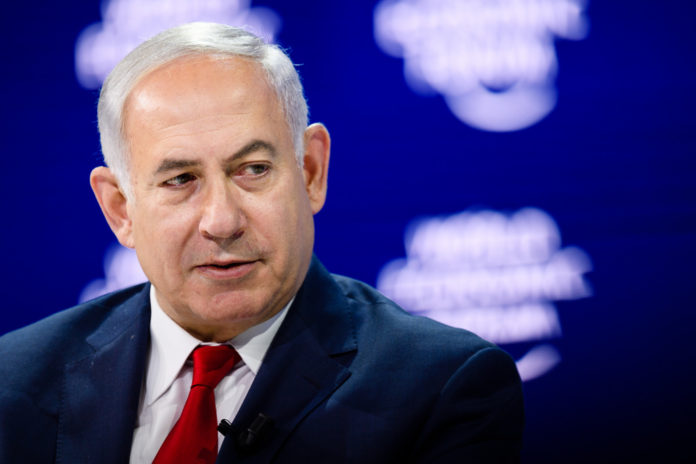
Prime Minister Benjamin Netanyahu and Chad President Idriss Déby held positive talks in Jerusalem this week.
Diplomatic relations are set to be renewed for the first time in over four decades following the first visit to Israel by a Chadian president since the establishment of the State of Israel.
A date for an official visit by Netanyahu to the Central African nation has to be agreed but it is likely.
The leaders discussed bilateral cooperation across a range of areas including agriculture, counter-terrorism, border defence, technology, solar energy, water and health.
The Chadian president did not meet Palestinian officials as diplomatic relations are stable.
Israel’s hopes to establish direct flights from South America to Israel over Central Africa following discussions.
President Déby reportedly agreed to allow flights over his country in principle and vowed to help Israel renew diplomatic relations with Sudan.
“The world is changing before our eyes,” Déby said in a positive press conference.
“Crises and wars we knew are changing as well. We don’t wish them on today’s generation or future generations. There’s a time for war and a time for peace. Our message is global to all leaders, Chad doesn’t presume to speak for black Africa. Chad comes to renew bilateral diplomatic relations, but if Chad can be a facilitator, Chad will not hesitate.”
“I’m delighted that we are resuming our friendship,” commented Netanyahu. “We never fully stopped our contacts, but we are now expanding them at a very rapid rate.”
Chad confirmed he was seeking a new era of diplomatic ties but the Palestinian issue would remain.
Having visited East and West Africa, Netanyahu aspired to visit Central Africa.
“I wish to bring with me Israeli entrepreneurs, Israeli experts, Israeli companies, everything that can improve the life of the peoples of Africa,” he noted.
“Israel is coming back to Africa, Africa is coming back to Israel.”.
Netanyahu added, “Fighting terrorism is a common goal of all countries.
“Give our peoples what they deserve, security, food, water, clean water, health, medicine, all the things that our cooperation can produce for the benefit of both our countries.
“Israel was cooperating in this fashion with countries of Africa in the 1960s and early 70s, especially in agriculture and water. This was discontinued and now it’s flourishing back again.”
He added, “We discussed in my office great changes that are taking place in the Arab world in its relations with Israel. This was manifested in my recent visit in Oman with Sultan Qaboos. And there will be more such visits in Arab countries very soon.
“As a leader of an African country, an important African country, a majority of whose population is Muslim, you are coming to Israel to renew our friendship and our relationship. I think it is a testament of what is going to happen with other such countries in Africa as well, and I believe that you are paving the way for many others.”
The African leader said the visit was a chance to turn over a new leaf in relations between the countries.
Déby also met President Reuven Rivlin.
“Chad is an important country, a country that fights terror, and Israel is at your side in this just war,” Rivlin said. “We see great importance in developing relations with Africa, the cradle of civilisation. For us, Africa is the future, Chad is the future, and Israel wants to share its experience with you.”
Rivlin added, “I want to call on the other African states with which we do not have relations to be part of this change, and to see Israel as a partner and an ally.”
Deby responded, “Peace has yet to be achieved in the region. Peace is what all people need to lead a good life. The Palestinian issue is a crucial issue that must be dealt with.”
He added, “Israel has also endured hardship throughout its history, but it is important that people talk. It is very easy to pull the trigger but it is hard to stop the fighting.
“Finding a solution to this problem is very important, a solution that reflects all the decisions taken by the UN Security Council on the matter.”









